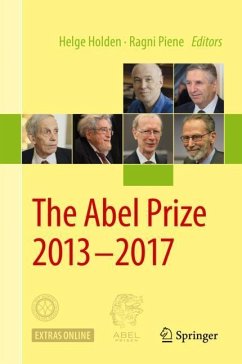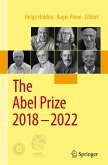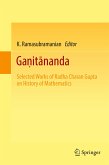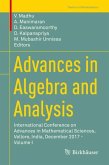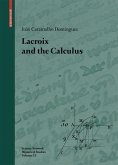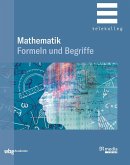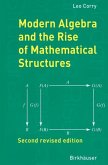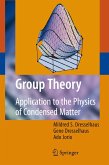The book presents the winners of the Abel Prize in mathematics for the period 2013-17: Pierre Deligne (2013); Yakov G. Sinai (2014); John Nash Jr. and Louis Nirenberg (2015); Sir Andrew Wiles (2016); and Yves Meyer (2017).
The profiles feature autobiographical information as well as a scholarly description of each mathematician's work. In addition, each profile contains a Curriculum Vitae, a complete bibliography, and the full citation from the prize committee.
The book also includes photos for the period 2003-2017 showing many of the additional activities connected with the Abel Prize.
As an added feature, video interviews with the Laureates as well as videos from the prize ceremony are provided at an accompanying website (http://extras.springer.com/).
This book follows on The Abel Prize: 2003-2007. The First Five Years (Springer, 2010) and The Abel Prize 2008-2012 (Springer 2014), which profile the work of the previous Abel Prize winners.
The profiles feature autobiographical information as well as a scholarly description of each mathematician's work. In addition, each profile contains a Curriculum Vitae, a complete bibliography, and the full citation from the prize committee.
The book also includes photos for the period 2003-2017 showing many of the additional activities connected with the Abel Prize.
As an added feature, video interviews with the Laureates as well as videos from the prize ceremony are provided at an accompanying website (http://extras.springer.com/).
This book follows on The Abel Prize: 2003-2007. The First Five Years (Springer, 2010) and The Abel Prize 2008-2012 (Springer 2014), which profile the work of the previous Abel Prize winners.
"There is a lot to learn from the autobiographies, and the expository essays are mostly very good as well, and definitely worth reading. Future historians will use these books as historical sources, but we can use them now to learn more about people we admire." (Fernando Gouvea, MAA Reviews, April 16, 2019)

